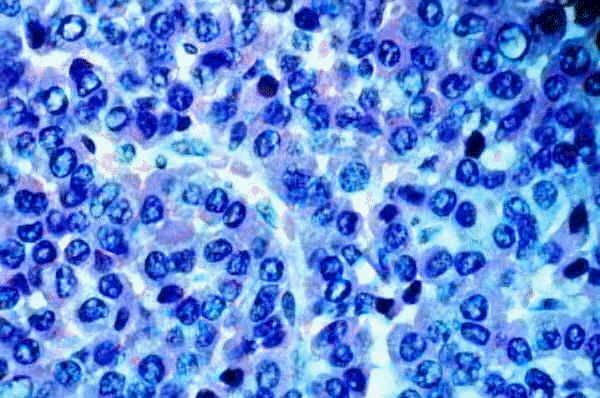- Primary or idiopathic hypertension:
- caused by Cushing's syndrome
- may be due to pheochromocytoma
- caused by hyperaldosteronism
- > 90% of cases
- Increases stroke volume:
- hypothyroidism
- peripheral vasodilators
- aortic regurgitation
- tachycardia
- Systolic/diastolic hypertension:
- acromegaly
- hypocalcemia
- alpha1 adrenergic receptor antagonists
- beta2 adrenergic receptor activation
- Acute intermittent porphyria may produce hypertension
- true
- false
- Cardiac output:
- heart rate x peripheral resistance
- stroke volume x peripheral resistance
- heart rate x arterial pressure
- stroke volume x heart rate
- Preload and contractility:
- increased ventricular stretch may reduce ventricular function (reduced output)
- most antihypertensive drugs promote calcium release from sarcoplasmic reticulum stores
- reduced preload coupled with increased contractility will lead to increased stroke volume and usually an increase in arterial pressure
- metoprolol (Lopressor) administration would tend to increase contractility
- Antihypertensive agents, directly or indirectly:
- typically increase afterload
- may increase heart rate
- usually increase contractility
- usually increased peripheral resistance
- Patients receiving antihypertensive medications prior to undergoing anesthesia:
- reduced likelihood of orthostatic hypotension
- increased hypotensive response to acute blood loss
- supersensitivity (significantly increase sensitivity) to actions of indirect-acting sympathomimetic drugs
- hyperactivity would be expected
- Maintenance of antihypertensive drug treatment during perioperative time frame:
- associated with increased systemic blood-pressure and heart rate fluctuations during anesthesia
- decrease likelihood of arrhythmias
- since previously effective antihypertensive drug therapy typically should be continued during the perioperative time frame, the pharmacology of the particular antihypertensive agent need not be considered in the development of the anesthesia plan.
- usually, is appropriate to maintaina patient on preoperative diuretics when those drugs are used to reduce blood pressure
- usual physiological response to blood pressure reduction:
- a reduction in heart rate
- a reduction in contractility
- a reduction in renin secretion
- none of the above
- Essential hypertension:
- beta adrenergic receptor up regulation
- increased endothelium-mediated vascular relaxation
- increased vasoconstrictive tone (chronic vasoconstriction)
- reduced sympathetic activation
- Renal function in the hypertensive patients
- Pressure-naturesis is enhanced in hypertensive kidneys
- Patients with elevated renin levels are likely to respond to calcium channel blockers
- angiotensin II elevation may cause an increase in aldosterone production
- angiotensin II vasoconstrictive effects would be blocked by phentolamine (Regitine)
- Typical cause/causes of secondary hypotension
- endocrine-related
- kidney-related
- both
- neither
- Adrenal hyperplasia:
- thymic carcinoma
- pancreatic carcinoma
- adrenal nodular hyperplasia
- pituitary-hypothalamic dysfunction
- all of the above
- Most common cause of Cushing's disease:
- bronchial adenoma
- exogenous, iatrogenic causes
- pituitary ACTH-producing microadenoma
- all of the above
- About 75% of Cushing's syndrome patients have adrenal neoplasm
- true
- false
 : Adenoma composed of basophilic cells in Cushing's disease
: Adenoma composed of basophilic cells in Cushing's disease- true
- false
- Presenting symptom/symptoms associate with Cushing's disease:
- Iatrogenic cause/causes: Cushing's disease
- Adrenal hyperplasia: secondary to excessive pituitary ACTH production --
- Primary aldosteronism:
- Primary aldosteronism: clinical presentation --
- Secondary aldosteronism:
- Pheochromocytoma:
- Chronic hypertension: